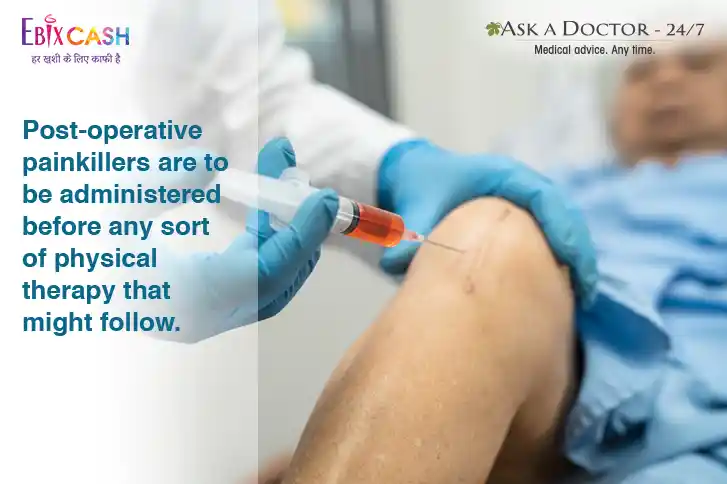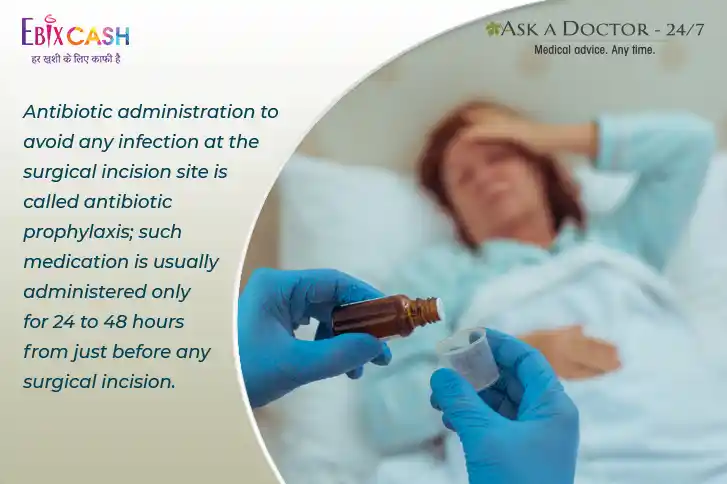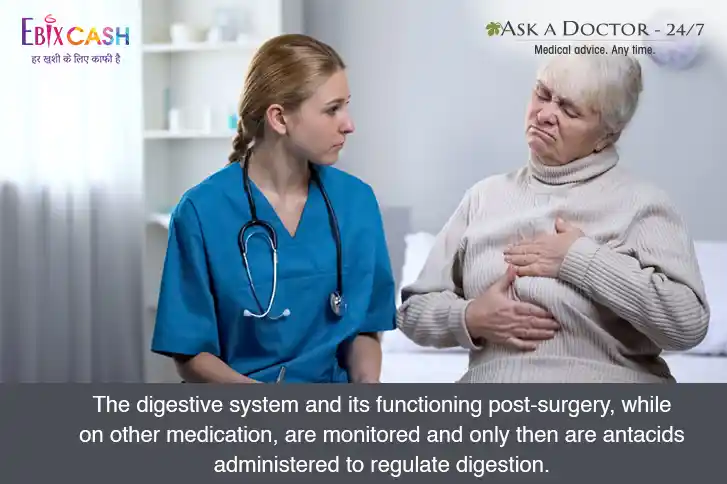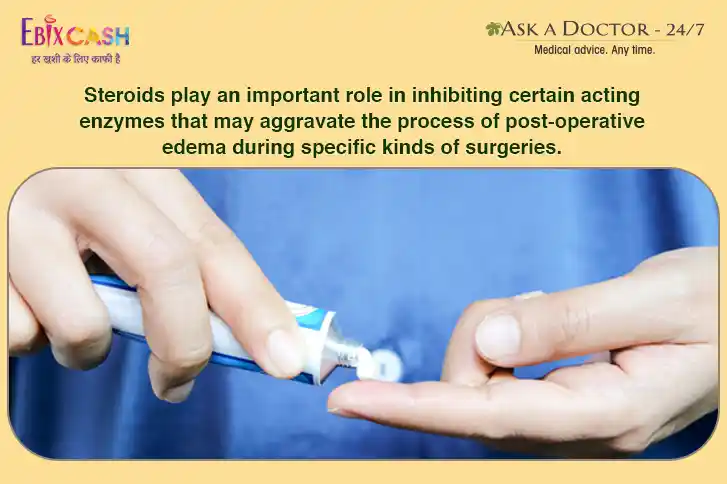6 Medicines That Are Mostly Prescribed After Surgery And Their Role In Your Healthcare
Have you ever wondered why so many medicines are given after surgery? Nowadays it has become quite common for people to undergo surgeries for relief from medical issues. The surgery may be a minor or a major one, depending on the type of surgery and other factors. To help heal the surgery-related health factors many medicines may be prescribed. The reason for these medicines is the better recovery of the patient. However, a previously healthy patient undergoing a minor surgery may wonder whether s/he should take so many medicines or not.
Here we have jotted down some of the commonly prescribed post-operative medications and the role they play in your overall healthcare. Read on to know about your medicines better…
Painkillers

Non-steroidal anti-inflammatory drugs (NSAIDs) and opioids are the most commonly used medicines to manage surgery-related pain. Short-term use of NSAIDs does not have many side effects. Occasionally it may cause heartburn and kidney problems, especially with prolonged use. NSAID-associated heartburn can be managed with antacid medicines like proton pump inhibitors or combined with misoprostol.
Opioids are better at relieving pain, especially labor pain but can cause more side effects than NSAIDs. The main side effects of opioids are drowsiness, headache, dry mouth, and constipation. It also has the potential for addiction to prolonged use. Medicines like misoprostol and opioids should always be taken under the guidance of a doctor. Anyways it's okay to use painkillers for short-term recovery from surgery.
Antibiotics

Ampicillin, gentamicin, cephalexin, and metronidazole helps increase the chances of survival during and after surgery. In the pre-antibiotic era, the mortality from infections was high. But unscrupulous use of antibiotics is also not justified.
Many guidelines have emerged for the judicious use of antibiotics according to the type of surgery and risk factors involved. Following the guidelines can help the better recovery of patients, reduce the chances of side effects and reduce chances of resistance to antibiotics. This will allow the availability of sensitive antibiotics when they are rarely needed.
Antiemetic medicines

Ondansetron and domperidone are needed to reduce the chances of vomiting during and after surgery. They are mostly safe and not needed for prolonged use. One or two doses should be enough for minor surgery.
Antacid medicines

Antacids are mostly needed to reduce the acidity caused due to use of other medicines like painkillers and antibiotics. Proton pump inhibitors can take up to one week to have the effect.
Vitamins and other supplements

Prescribed routinely, vitamins help in recovering from surgery. While considering the duration of supplementation of vitamins, we should know the basics of vitamin elimination from the body. Vitamins B and C are water-soluble vitamins and these get excreted readily if in excess. Vitamins A, D, E, and K are fat-soluble vitamins and tend to be retained in fat deposits in the body. The fat-soluble vitamins, if taken in excess, can cause toxicity.
Steroids

Used both locally and systemically, steroids are prescribed only in special cases. When used locally, they cause only local side effects that limit their use to not more than ten days in a stretch. When used systemically, they can reduce inflammation but have a higher propensity for side effects including suppression of the hypothalamic-pituitary axis (HPA axis). Suppression of the HPS axis means the reduction of the body’s ability to synthesize natural steroids. Therefore, it is advised that they should be used judiciously.
These are not routinely required after surgery. However, in special conditions, these may be used under the guidance of a doctor.
Knowing about your prescribed post-operative medicines before taking them can reduce your anxiety and help you to play a better role in your healthcare management.
If you have a further query about any particular medicine or dosage, reach us at Ask a Doctor 24x7 for detailed information about your medicines.
Ask a Specialist
Recent Questions


